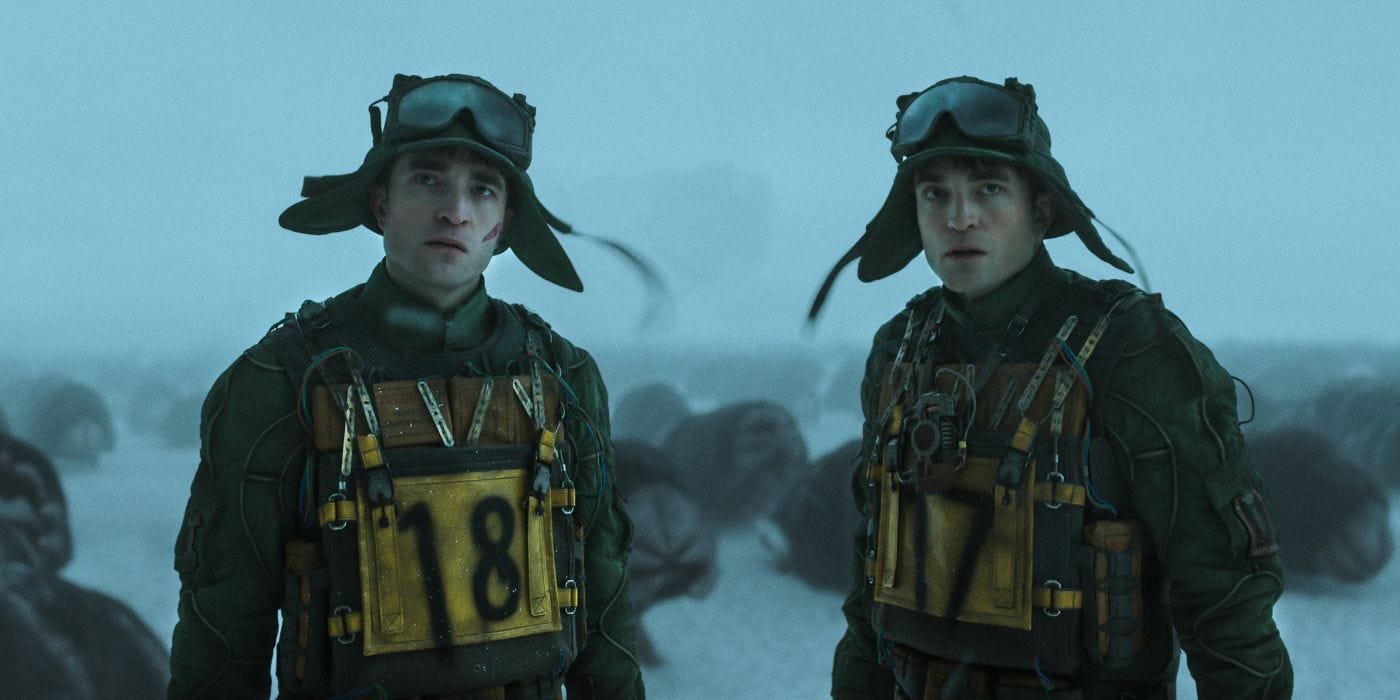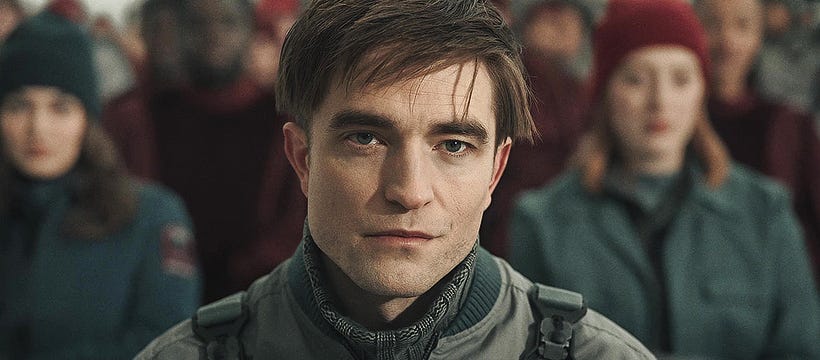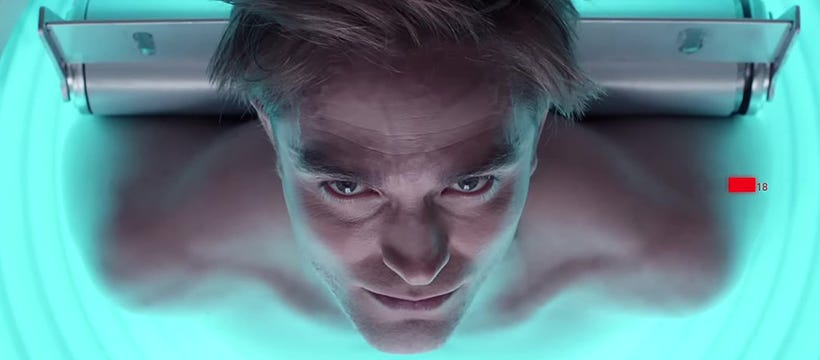Mickey 17 - A Masterclass in Anti-Capitalist Ecocinema
Don't go into this expecting the second coming of 'Parasite', but do go into this expecting another masterful deconstruction of late-stage capitalism.
After years of waiting, we finally got Bong Joon-Ho’s highly anticipated successor to Parasite (2019), Mickey 17, and it is nothing short of masterful if you’re looking in the right places. Bong begs to ask questions meant to challenge its audience on our attitudes towards colonisation; “What does it mean to be colonised?” “What constitutes colonisation?” and “Are we still considered colonisers if the colonised aren’t human?” Furthermore, the film attempts to theorise what it means to be human, concluding that human nature is defined by our fear of death. All of these themes and questions are presented under an anti-capitalist narrative, critical of the rise of a new age of oligarchy, culminating in a masterclass in ecocinema.
This film will divide audiences for years to come, which was inevitable given the accessibility of Parasite compared to Bong’s other works. Mickey 17 is more reminiscent of mid-2010s Bong, similar to both Snowpiercer (2014) and Okja (2017), with the latter being extremely divisive among general audiences upon release, making me slightly fear not just the box office success of this movie, but the awards success.
I could make the argument that this may be his most personal and explicit film to date, having me leaving the cinema wondering if Bong Joon-Ho could really predict the future. Having said that, this review will contain spoilers for Mickey 17, please come back after seeing the film to read this review if you want to go in blind (which you should).
Credit: Warner Bros. (2025)
Can Bong Joon-Ho Predict the Future? Possibly!
As we’re all very well aware, Mickey 17 had a very messy post-production schedule; originally slated for March of last year, then moved to January 2025, then April 2025 and finally swapping its release date with Sinners (2025) to be released on March 7th 2025, and you can definitely see why Warner Bros were so nervous. This movie is not only one of Bong Joon-Ho’s strangest of recent memory, but (as usual) Bong Joon-Ho is not afraid to directly and not at all subtly criticise a certain right-wing President from a certain country with certain cult-like followers who love to sport red hats. It’s ironic and sad how the only thing, given the films original release date, Bong got wrong was Trump somehow getting in for a second term, unlike Mark Ruffalo’s Marshall from this film. The scariest prediction, again keeping the original release date in mind, was the attempted assassination of dictator Kenneth Marshall (Mark Ruffalo). The scene shows Mickey 18 attempting to shoot Marshall in the face, just missing by scraping this side of his face, which is eerily similar to a certain assassination attempt from summer 2024.
I do wonder, given this film was released when it was originally scheduled, how this film would have been viewed post-assassination attempt? I hope that it would have encouraged audiences to begin to critically engage with art like this, as it’s scary how accurate the majority of the predictions in this thing ended up being. After seeing this film, I’m more frightened than ever of the power of the oligarchs in the White House. Truly, how long is it until we see Elon Musk embark on a ‘mission’ similar to the one we see in this film, with the crazy MAGA heads following suit?
Credit: Warner Bros (2025)
Sex and the Rise of Conservatism
During one of his speeches, Marshall announces that there will be a ban on sexual intercourse as it “burns too many calories” on the spaceship. It goes without saying but this is obviously a manipulation tactic rooted in conservative ideology, perpetuating damaging and repressive ideology about sex. The only time that we see characters have sexual intercourse in the film is when we see Mickey and Nasha having sex in the first 20 minutes. The only other time we see characters partake in sexual activity is the ‘almost threesome’ between Mickey 17,18 and Nasha, but they never actually have sex. The first sex scene is intercut with the announcement that sexual intercourse is no longer allowed to take place on the ship, creating a binary opposition between Mickey and Nasha and Marshall and his regime. This perpetuates the idea that Mickey and Nasha both uphold and represent a left-wing ideology, which traditionally aligns with more liberal views of sex. The second ‘sex’ scene ends up with the characters never actually having sex; they’re interrupted by Kai. The second sex scene is a source of anxiety for protagonist Mickey 17, he’s anxious about the fact that he is now a ‘multiple’ and anxious about getting caught by the regime. When they’re caught on the verge of having sex, they’re interrupted by a character who wants to be a more free-thinking liberal but ends up attempting to remain complicit in the conservative ideology by trying to tell them about the multiples.
My reading of the film places this as an example of liberal ideology being interrupted by overpowering conservative thinking, which I believe can be further read as an allegory for the rising conservative ideology amongst Gen-Z and our seeming fear of depiction of sex in cinema. Could this rise in conservatism be a reason as to why a lot of Gen-Z seem so uncomfortable at the thought of a sex scene?
Credit: Warner Bros (2025)
Concluding thoughts
As messy and unexplored as this article may be, I believe that Mickey 17 will be talked about, studied and theorised for years to come. Bong has become a master in challenging his audience to confront those ideologies we don’t want to confront, and somehow remains one step ahead of ideological trend cycles that dominate society.






